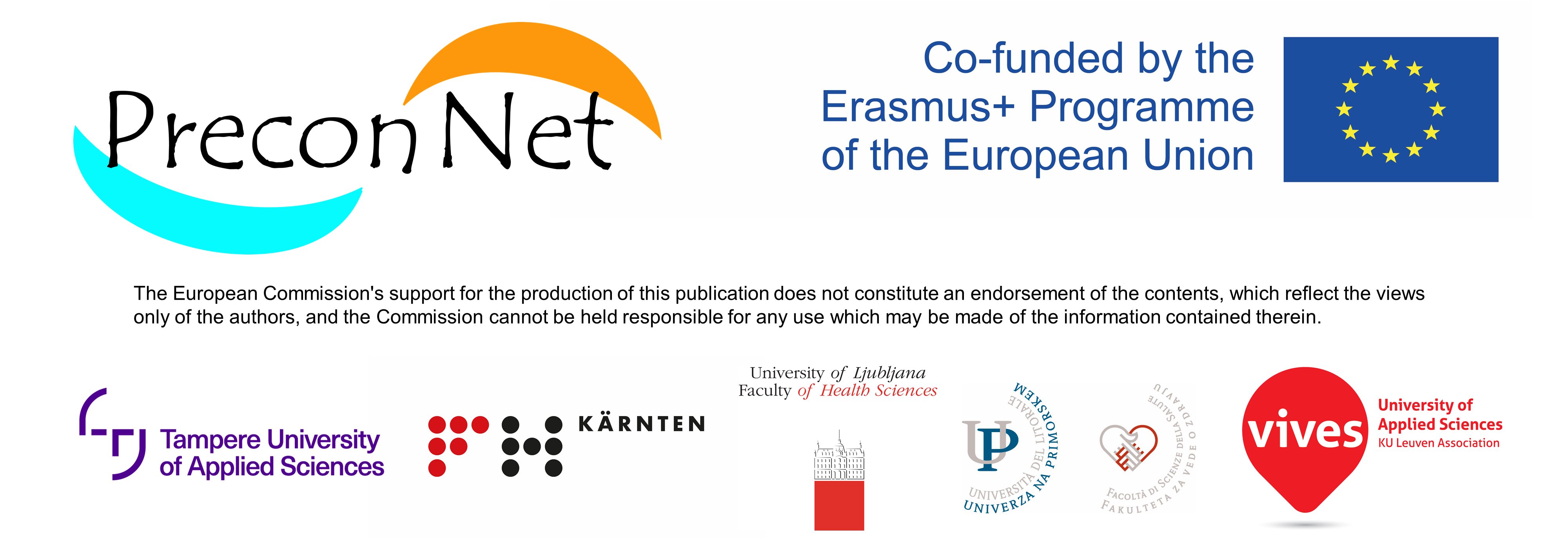Preconception health addresses mental health: depression and pregnancy
Preconception health programs tend to promote parental health to improve the outcome of the pregnancy. Improving the outcome of the pregnancy requires paying attention to health as a whole. A human body is a combination of both mental and physical unites.
Although pregnancy is a happy event for many women, it does not guarantee women`s mental health. Depression is a common illness during pregnancy with a frequency of 10 to 20%. Prenatal untreated depression is associated with a wide range of obstetric complications including lower weight gain, preeclampsia, gestational diabetes, hypertension, abortion, preterm labor, Intra Uterine Growth Retardation (IUGR), Small for Gestational Age (SGA), increased need for pain relief and operative deliveries, smaller fetal head circumference, elevated fetal heart rate baseline etc. Postnatal depression can be the consequence of untreated prenatal depression and causes the problems with initiation of breastfeeding and bonding. Moreover, depression may indirectly influence the outcome of the pregnancy through maternal risky behaviors such as lower participation in prenatal care, malnutrition, smoking, drug abuse or increased alcohol use. Furthermore, major depression is associated with the risk of disability to follow medical advice, self-injuries, committing suicide, and deteriorating social function. Depression affects fetal development too. Developmental programming indicates that fetal rapid growing organs are vulnerable to influences of in utero environment. One of the most important organs, that can be affected by maternal depression, is the fetal brain. The development of the brain depends on the constant interactions with its environment. Maternal depression can alter in utero environment by activating Hypothalamic-Pituitary- Adrenal axis to produce excess stress hormones. Stress hormones cannot normally pass through the placenta but excess hormones down regulate the placental metabolism and let the fetal brain be exposed to these hormones. Exposure to stress hormones can alter the development of the fetal brain causing hyperactivity of the fetal HPA axis. The normal function of HPA axis is necessary for maintaining homeostasis in the fetus and the child. The studies show that the babies born from the depressive mothers are at higher risk of certain diseases, behavioral complications or emotional disorders.
Preconception care programs aim to provide couples with proper information about mental health as well as physical health. A psychological consultation is advisable before getting pregnant if couples have any concern about mental health and mood disorders.
Nava Rezaeinamini BSc in Midwifery
Junior Researcher in Carinthia University of Applied Sciences

 Previous Post
Previous Post Next Post
Next Post



